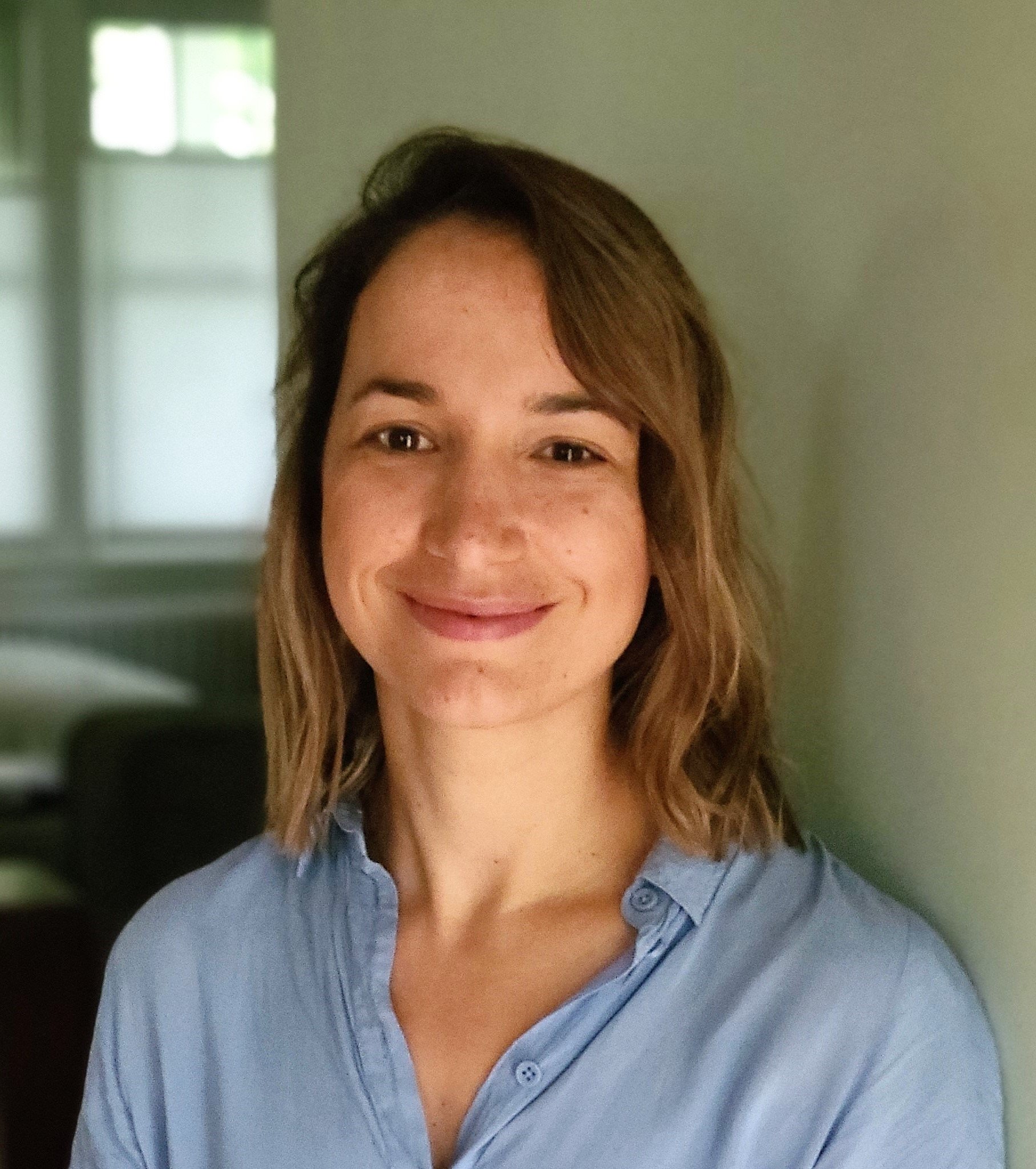DONDENA Seminar - Lea Pessin

You may follow the seminar at the following link.
Good Housekeeping, Greater Complexity: An Intersectional Analysis of Gender, Race, and Parenthood in Domestic Attribution
SPEAKER: Lea Pessin (European University Institute)
ABSTRACT:
Women and men face different standards when it comes to household cleanliness, with women experiencing stricter expectations and harsher social consequences for domestic disorder. While previous experimental research has established this gender gap, we know surprisingly little about how race, class, and family circumstances intersect with gender to shape these judgments. Do women of color face compounded scrutiny? Are kitchen messes judged more harshly than living room disorder? Does having young children excuse messiness, or amplify expectations that mothers should manage it? This talk presents a large-scale survey experiment (N=3,000) designed to answer these questions. Respondents evaluate vignettes consisting of AI-generated photorealistic images of rooms and occupants, along with employment information. By systematically varying room characteristics, occupant demographics, and household employment patterns, we examine how gender effects vary across race, class, room type, and family context. This research advances our understanding of how multiple social identities intersect to shape everyday domestic judgments, while demonstrating new methodological possibilities for using generative AI in experimental social science.
BIO:
Léa Pessin is Programme Director in Social Inequality and Assistant Professor of Sociology at the Department of Political and Social Sciences at the European University Institute. She is also an external research affiliate at the Population Research Institute at Penn State and the Center for Research on Social Inequalities at Sciences Po. Her research focuses on the unequal consequences of the gender revolution on women's work and family outcomes across class, race, and contexts, applying quantitative methods to cross-national and longitudinal data. Her work has been published in Demography, Social Forces, The Journal of Marriage and Family, and The European Sociological Review. She was recently awarded an ERC Starting Grant for her project WeEqualize, which examines social inequalities in work-family strategies among couples across 24 countries. She received her Ph.D. in Sociology and Demography from Pompeu Fabra University in 2016 and completed an NICHD postdoctoral fellowship at Penn State.